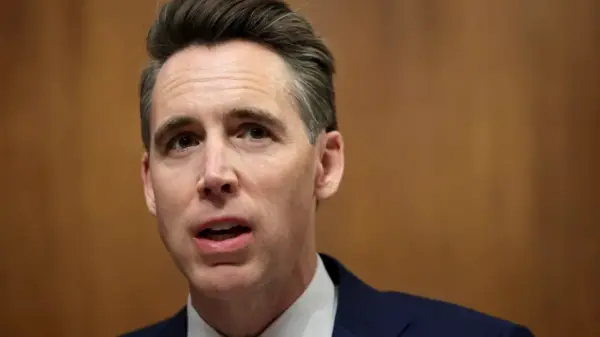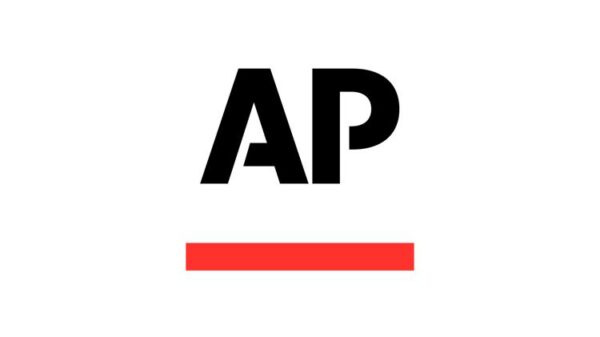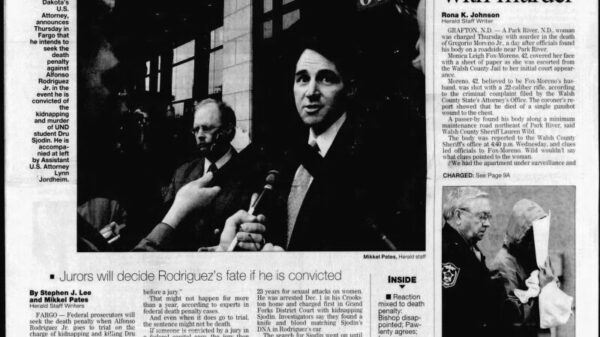Federal Reserve Governor Lisa Cook is set to challenge her removal from the board, according to her attorney. The legal action comes in response to the decision made by former President Donald Trump, who Cook’s legal team argues lacks the authority to dismiss a sitting member of the Federal Reserve.
Cook’s attorney announced on Tuesday that they will file a lawsuit to contest the dismissal, claiming it is unlawful. This challenge highlights the ongoing tensions surrounding appointments to the Federal Reserve, an institution crucial to the U.S. economy. The stakes are high, as the Federal Reserve plays a vital role in setting monetary policy and maintaining economic stability.
Background on Lisa Cook and Her Role
Lisa Cook, appointed to the Federal Reserve Board in May 2021, is known for her expertise in economics and her focus on issues related to diversity and inclusion within the financial sector. Her tenure has been marked by significant challenges, including navigating the economic impacts of the COVID-19 pandemic and rising inflation rates.
Cook’s appointment was historic, making her the first Black woman to serve on the Federal Reserve Board. Her experience and perspective have been viewed as instrumental in shaping policies that affect millions of Americans. The decision to remove her not only raises questions about her future but also about the broader implications for governance at the Federal Reserve.
Legal Proceedings and Implications
The impending lawsuit is expected to argue that the process surrounding Cook’s removal was not only politically motivated but also a violation of established protocols. The attorney representing Cook emphasized that the Federal Reserve operates independently of the executive branch, which is a fundamental principle that ensures its decisions are made in the best interest of the economy rather than political agendas.
As the case unfolds, it could set a significant precedent regarding the authority of the President over Federal Reserve appointments. If successful, Cook’s legal challenge may reinforce the independence of the Federal Reserve and its members, ensuring that decisions regarding board membership are insulated from political influence.
The broader implications of this legal action are likely to resonate beyond Cook’s individual case, potentially impacting future appointments and the overall governance of the Federal Reserve. As the U.S. economy continues to face uncertainties, the outcome of this lawsuit could influence monetary policy and economic strategy in the coming years.
Public and political reactions to Cook’s dismissal and subsequent challenge are expected to be closely monitored, reflecting the ongoing debates about the role of government in economic governance. The situation remains dynamic, and as further developments arise, they will undoubtedly attract significant attention from policymakers, economists, and the public alike.






































































